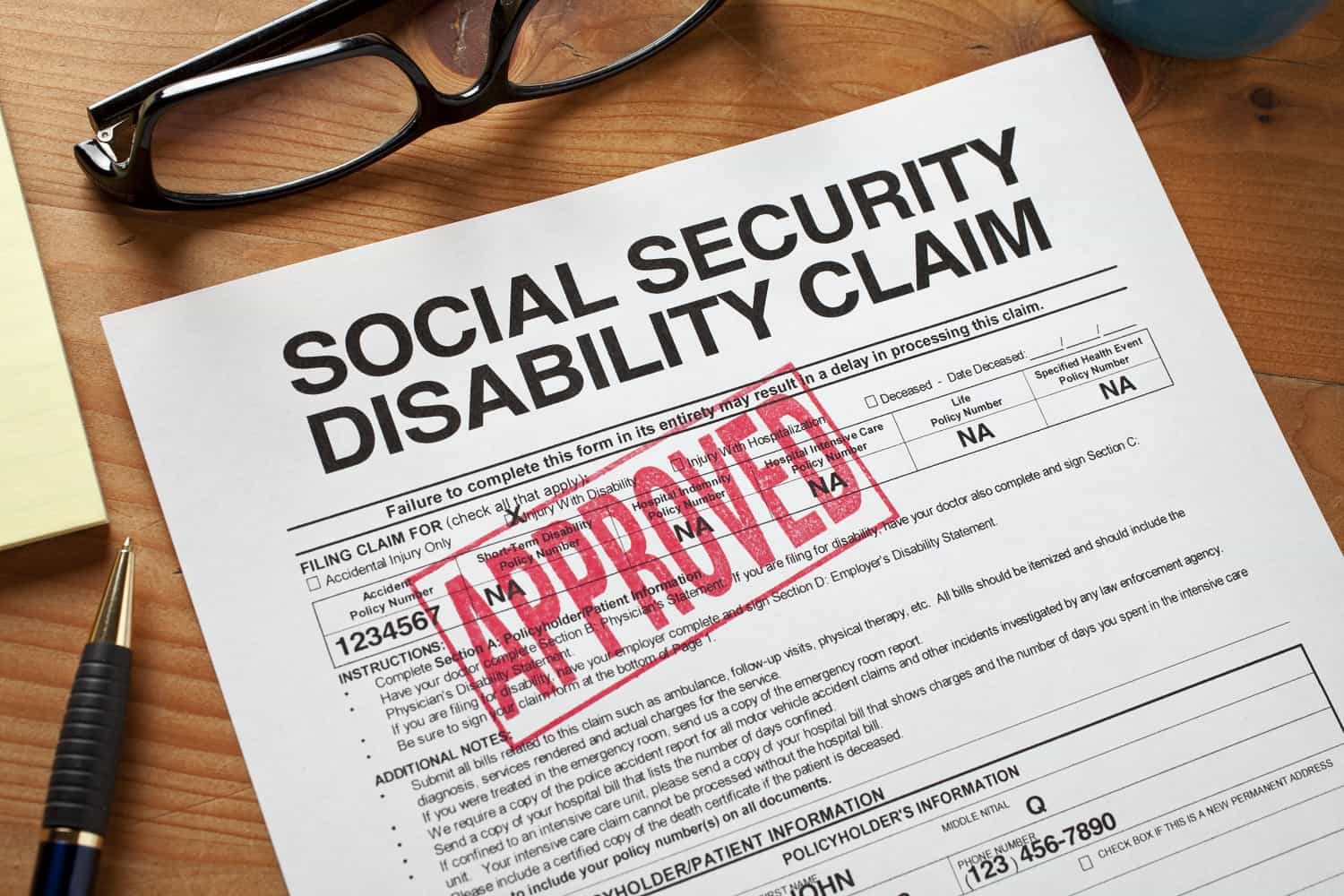Can I Collect Workers’ Compensation & Social Security Disability Benefits at The Same Time?
When someone suffers a work-related injury or illness, they are usually eligible for workers’ compensation benefits for the time that they are out of work. There are some situations, however, when a severe workplace injury prevents the employee from returning to their previous job or participating in any other type of gainful activity at all. When this happens, an injured worker might also want to apply for Social Security Disability (SSD) benefits.
This brings up a common question among workers that are in this situation, “can I received both workers’ compensation and Social Security Disability benefits at the same time?”
The answer to this question is “yes”, if you are eligible for both. Eligibility for workers’ comp requires that your injury or illness be work-related. To be eligible for SSD benefits, you need to have obtained the required number of work credits (this generally means having worked at least 10 years in the US), and you need to have a medical condition that meets the SSA’s definition of a disability.
Being eligible for workers’ compensation and Social Security Disability benefits is one thing, but qualifying for these benefits is quite another. And this is where it can start to get complicated. Both of these programs are known for denying eligible claimants, especially on their initial application.
Like all other types of insurers, workers’ compensation providers want to pay out as little as possible to claimants, because this enhances their bottom line. Toward that end, they will sometimes deny injured workers on some type of technicality, or they might wrongfully claim that the injury or illness did not happen on the job.
Social Security Disability claimants face even more of an uphill battle. Nationally, only about 35% of SSD claimants are approved after their initial application, and only about 45% are approved after their case is appealed and they receive an Administrative Law Judge (ALJ) hearing. In Florida, the odds are not much better; approximately 34% of Floridians get approved after their initial SSD application, and 56% get approved after an ALJ hearing.
Because of the difficulties injured applicants have in getting approved for these programs, it is very important to work with attorneys who have in-depth experience successfully handling these types of claims. Applicants who have legal representation are about three times more likely to get their claims approved, and having an attorney in your corner can help ensure that the application process goes far more smoothly.
Ideally, it is best to look for a firm that has extensive knowledge of both the workers’ comp and SSD claims processes, how the two programs interact with each other, and the complexities that those who file claims for both programs often have to deal with.
How Do Social Security Disability Benefits Affect Workers’ Compensation?
If you are able to get qualified for both workers’ comp and SSD, it is important to understand that there is a maximum amount of benefits you are allowed to collect. Federal law limits the combined benefits of SSD and workers’ compensation to no more than 80% of your average monthly wage.
If the combined benefits exceed this amount, then one of the programs will reduce their benefits to bring it back down to 80%. This is known as an “offset.” In most states, the SSD benefits are reduced to reach the maximum payout, but Florida is one of a handful of states that uses a “reverse offset” plan in which the workers’ compensation benefit is the one that gets reduced.
Many injured workers receive lump sum settlements from workers’ compensation, and this is another area in which things can become complicated. When this happens, the SSA looks closely at the language of the settlement agreement in order to determine the most appropriate way to offset the lump sum.
For this reason, it is very important for the injured worker’s attorneys to draft the agreement in a way that minimizes any SSD offset. The agreement should also be written in a way that excludes legal and medical expenses from the lump sum that is calculated by Social Security.
Work with Experienced Florida Workers’ Compensation and Social Security Disability Attorneys
Workers’ compensation and Social Security Disability (SSD) are two very complex areas of the law, and even more so when the two areas become intertwined. For strong legal guidance with workers’ comp claims, SSD claims, or both, contact Whibbs, Stone and Barnett.
To schedule a free consultation with one of our attorneys, call our Pensacola, FL office today at 1-888-219-4561 or send us an online message. We look forward to serving you!



